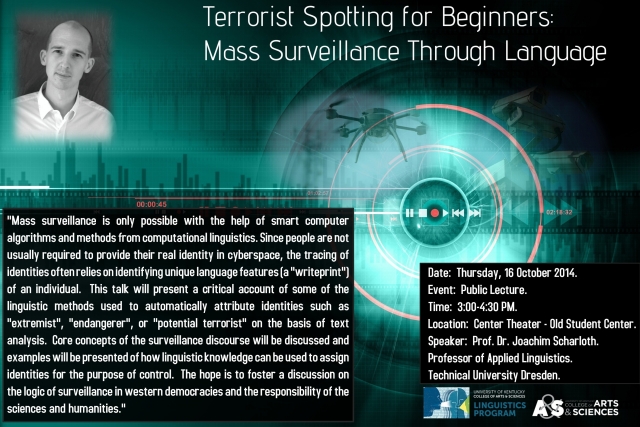Seminar Series: "Ancient vestiges or recent innovations: evidence from click words with a shared occurrence in Khoesan and Bantu languages of southern Africa"
It is presently received wisdom that the click consonants in various Bantu languages of southern Africa reflect an uptake from a supposedly pre-existing substrate of Khoesan languages. The clicks in the latter very diverse languages are widely assumed to be of longstanding existence, and are postulated as original segments in current reconstructions for certain Khoesan families.
However: this paper reveals the presence throughout the Khoesan language families of click-initial words with a demonstrably Bantu-intrinsic identity. Successive sets are presented, and regularly repeated correlations are identified. Since many of these words have roots reconstructed for Proto-Bantu, it is possible to characterise the pathways by which various clicks have evidently emerged. These formulations even have a predictive power, in that they can in some cases also account for Khoesan words without click counterparts in a Bantu language.
The main discussion suggests various scenarios that might account for this previously unrecognised phenomenon, including the possibility that the various Khoesan language groups have perhaps descended from regional Bantu languages, and are therefore related not only to the latter but also to one another, even if perhaps as cousins rather than as sisters. (There is little evidence to support popular beliefs that the Khoesan languages are ‘ancient’, and that speakers of various early Bantu languages only entered the southern part of Africa in relatively recent times.) Although this paper is largely confined to demonstrating the abstract patterns that suggest these relationships, the evidence nevertheless points towards an actual mechanism likely to have been involved in the generation of clicks in both Bantu and Khoesan languages.
Wider implications of the findings are noted, not only for African linguistics but also for other disciplines such as archaeology and history. Future research directions are identified.

